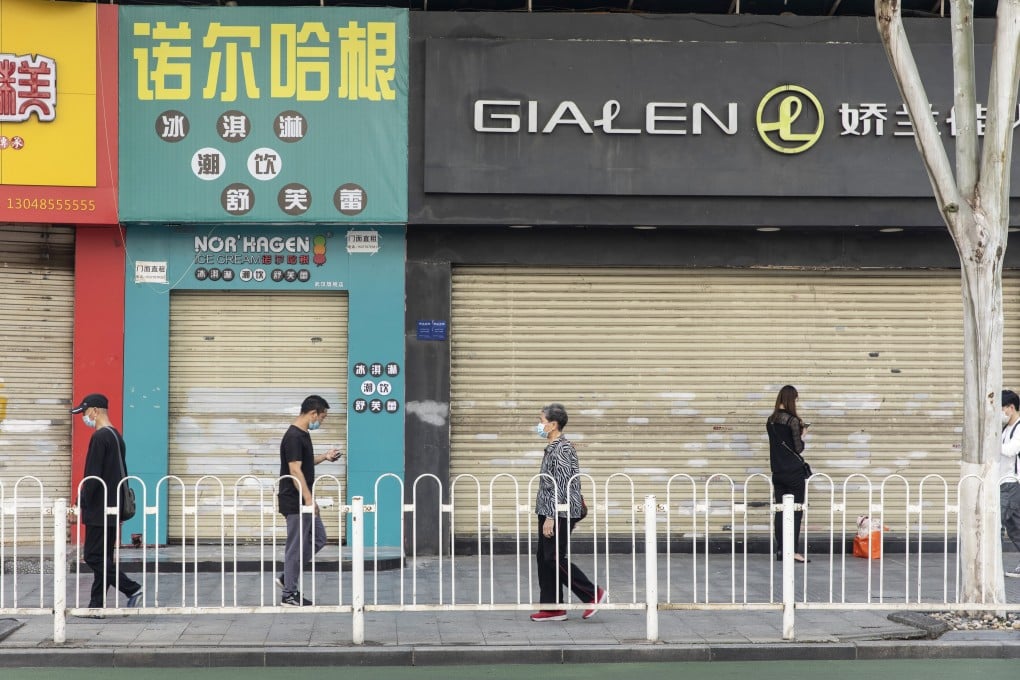China’s smallest businesses are crumbling as costs soar and help fails to arrive, putting national economy at high risk
- Beijing knows how significant the problem is, and leaders are scrambling to address the situation that looks to weigh heavy on the nation’s GDP in the year’s second half
- Small and micro businesses are the backbone of China’s private sector, but many are closing down as the central government increasingly favours state enterprises

This is the second part in a series of stories looking at China’s economic outlook in the second half of 2021 as it continues its recovery from a coronavirus-hit 2020.
When he invested in a snack shop at a Shenzhen mall nearly two years ago, Wen Tao foresaw a steady stream of customers looking to enjoy his clay-oven-baked crispy flatbreads while perusing the mall’s offerings.
Then the coronavirus began ravaging China’s economy, and his customers lost their appetite for spending.
“Since the beginning of 2020, I have been losing 4,000 to 5,000 yuan (US$620-US$775) every month, and I’ve cut the number of my employees from five in 2019 to just one now,” Wen lamented. “What I’m going to do is close the business in September when the lease ends, instead of borrowing money to continue operating. I’d just lose more money, because I don’t see any sign of consumption recovering in the short term.”
It’s a fate that many of China’s smallest businesses are facing in the year’s second half. And the central government’s attempts to rectify the situation highlight just how important their role is in the nation’s economy.
However, as evidenced by Beijing’s previous attempts to help small businesses, it can be difficult to get officials and institutions at the local level to take sufficient action to address the problem.
